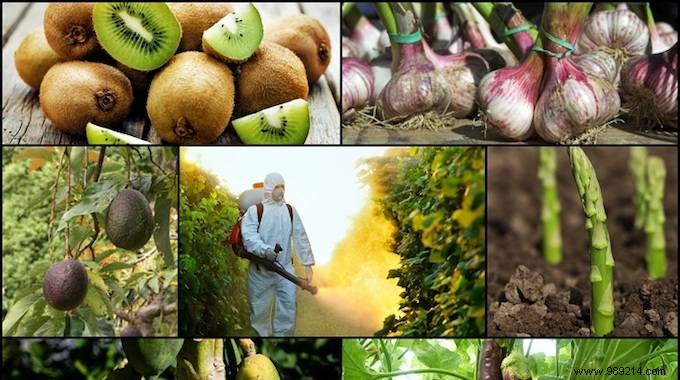
The Ministry of Health urges us to eat 5 fruits and vegetables a day .
The problem is that by wanting to do well, we also eat products full of pesticides.
We can never say enough to choose organic products, if possible from local agriculture. and reasoned.
To see more clearly, we searched the studies of the European Food Safety Authority (EFSA) to find this sad list.
In fact, each year they study 70,000 foods to see if they contain pesticides.
And these are no less than 338 pesticide products which are found in what we eat. Yum!
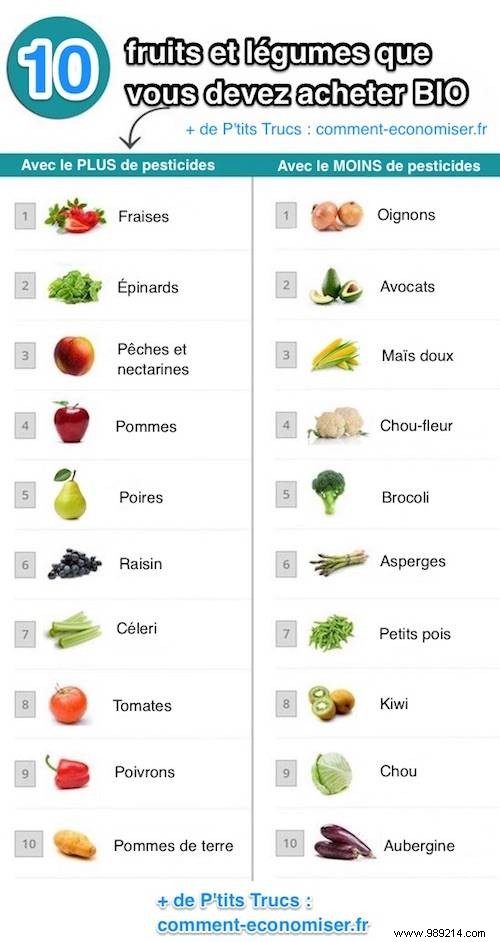
These products have harmful effects on our nervous and hormonal systems, irritate the lungs and skin and are thought to be carcinogenic.
Here is the list of the 10 fruits and vegetables most contaminated by pesticides. They are ranked from least contaminated to most contaminated. Watch:
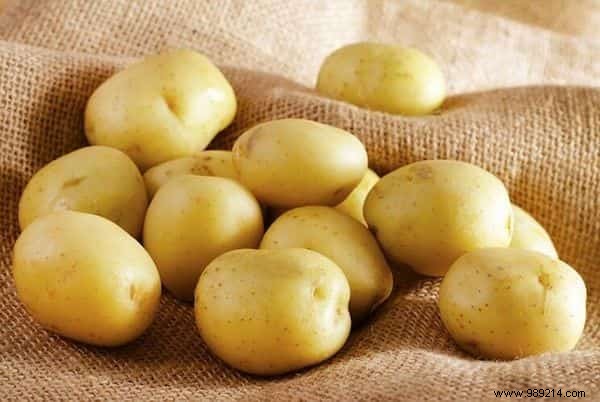
Anti-sprouts, fungicides, pesticides, insecticides... the list is long for a product for daily and inexpensive consumption. However, it is one of the vegetables that contains the most pesticides.
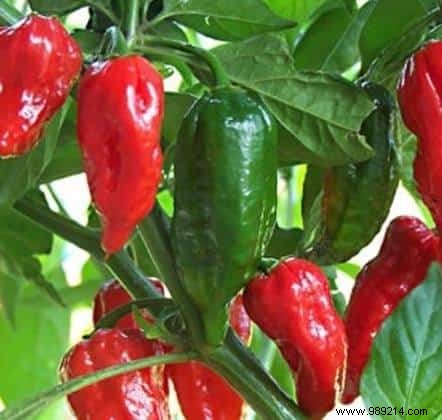
All Sunday gardeners know that peppers are the meeting place for all garden pests. So, for large-scale productions, what do we do? We treat to death! 2/3 of commercial peppers contain significant pesticide residues. Avoid!
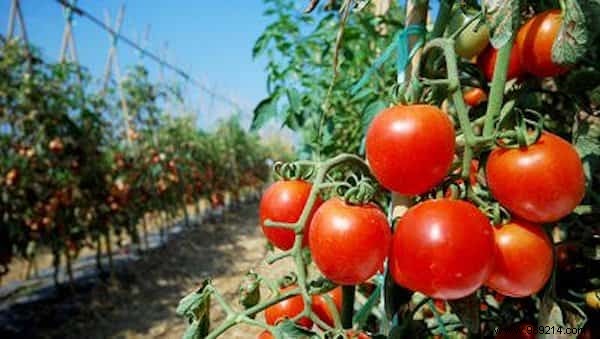
Let's start with Spanish tomatoes and let's be scared:carbendazim, chlorothalonil, iprodione or even procymidone. This is what we find there most frequently. Should we tell you to favor French tomatoes from organic farming?
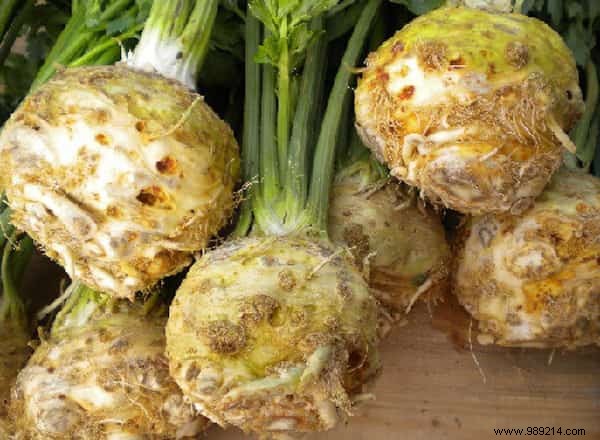
There would be no less than 60 different pesticide residues in celery. Not bad for a vegetable that is recommended for a healthy, low-calorie diet. Take it off your shopping list or buy it organic.

Oh, the grape! When you know the health problems of the inhabitants of the wine-growing regions, not to mention the employees of the vineyards (cancers of all kinds, asthma and other respiratory problems, burned skin, infertility...), you don't have to be particularly clever to be doubt that grapes are full of pesticides. According to studies, more than 80% of production is contaminated. Pesticides concentrate on the skin of the fruit... and since it does not peel, it is particularly dangerous. Also remember to buy organic wine, it's more prudent.
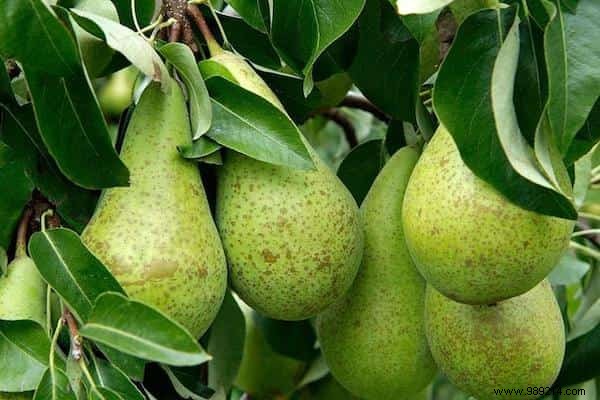
The increase in pesticides in pears has been considerable over the past 5 years, according to studies. In 2010, only traces of toxic products were found on the pears. In 2015, no less than 5 or 6 different fungicides or insecticides are present on pears.
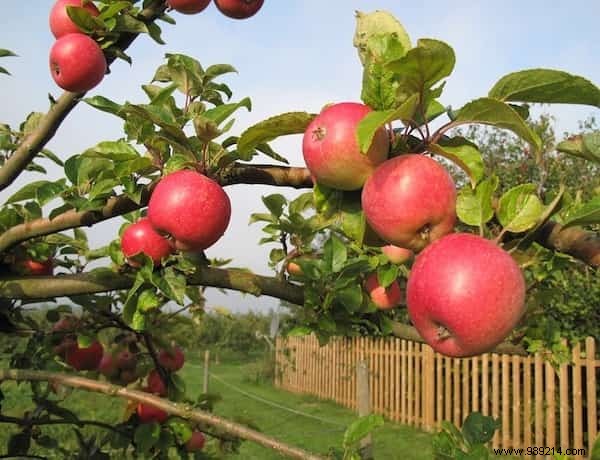
It is one of the most processed fruits in France. It must be said that the apple is particularly attacked by worms and insects. The solution ? An explosive cocktail of pesticides. Have you ever heard of the triangle of death in Limousin, a major apple-producing region? There are so many pesticides in the air during treatment periods that doctors advise children not to go outside. Above all, they noticed a dizzying increase in diseases, particularly neurological ones. Weird, isn't it?

Like apples, peaches and nectarines undergo the same treatments. Of all the samples studied, 73% exceeded the limits recommended by European standards.
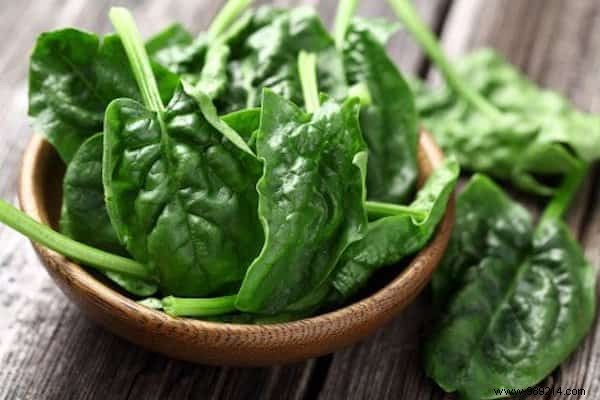
There are between 7 and 16 different harmful products depending on the production, in particular a powerful neurotoxin:permethrin. Yet it is one of the vegetables richest in iron, recommended for good health. So if you can, go organic!
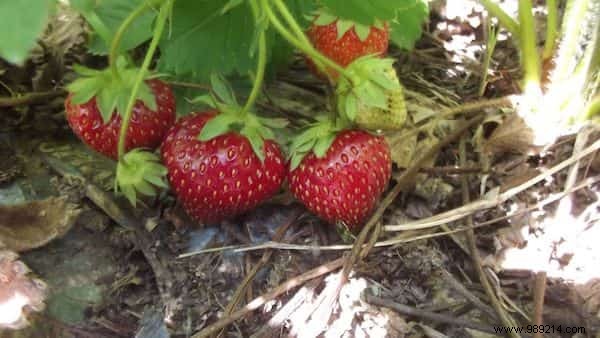
And the winner is..... Strawberries! They contain more than 7 pesticides on average in the samples checked. Strawberries would be the most permeable fruit to pesticides and keep them even after picking and a good rinse. Go your way on this yet delicious fruit :-(
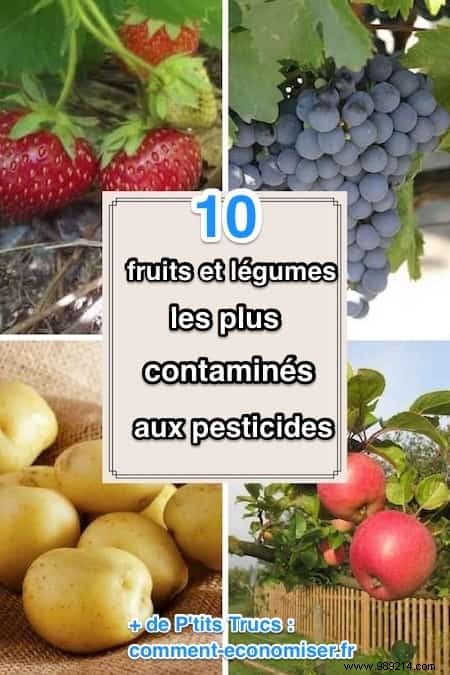
1. Onion
2. Lawyer
3. Sweetcorn
4. Cauliflower
5. Broccoli
6. Asparagus
7. Peas
8. Kiwi
9. Cabbage
10. Eggplant